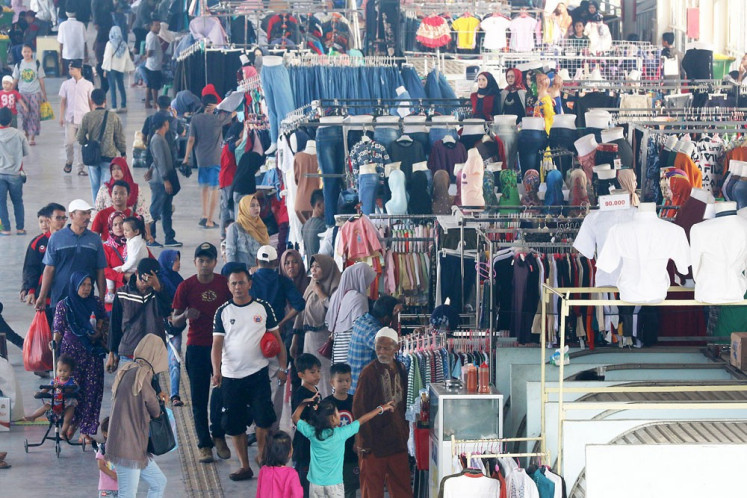ASEAN should recognize domestic work
Often called the largest invisible workforce, there are almost 10 million domestic workers in Southeast Asia and the Pacific.
Change text size
Gift Premium Articles
to Anyone
 Often called the largest invisible workforce, there are almost 10 million domestic workers in Southeast Asia and the Pacific. (Shutterstock/File)
Often called the largest invisible workforce, there are almost 10 million domestic workers in Southeast Asia and the Pacific. (Shutterstock/File)
O
ften called the largest invisible workforce, there are almost 10 million domestic workers in Southeast Asia and the Pacific. More than 2 million are migrant domestic workers. In fact, domestic workers make up nearly 20 percent of all migrant workers in the ASEAN region. The vast majority are women.
As the 10th ASEAN Forum on Migrant Labor (AFML) is taking place on Oct. 25 to 26 in Manila, the theme Towards Achieving Decent Work for Domestic Workers in ASEAN was strategically chosen to celebrate the 10th anniversary of its Declaration on the Protection and Promotion of Rights of Migrant Workers.
It also coincides with the sixth anniversary of ILO’s convention on Domestic Workers (No. 189). This international labor standard adopted by all ILO member states in 2011 officially recognizes domestic work as work. It sets out that domestic workers who care for families and households worldwide must have the same basic labor rights as those available to other workers: reasonable hours of work and pay, weekly rest, clear information on terms and conditions of employment, access to social security schemes and respect for their fundamental principles and rights at work including freedom of association.
In reality, in most ASEAN member states, provisions under labor laws do not apply to domestic workers thereby excludes them from the protection provided to other workers such as social security benefits, minimum wage and limitation in working hours. In fact, a recent study showed that 61 percent of all domestic workers in Asia were entirely excluded from labor protections, and only three percent enjoyed equal protection with other general workers.

















